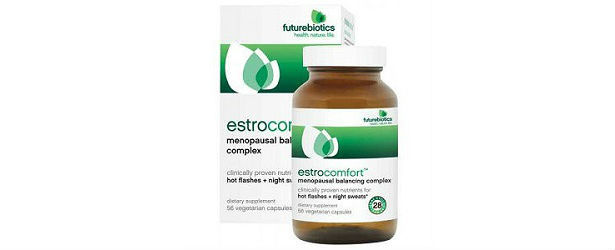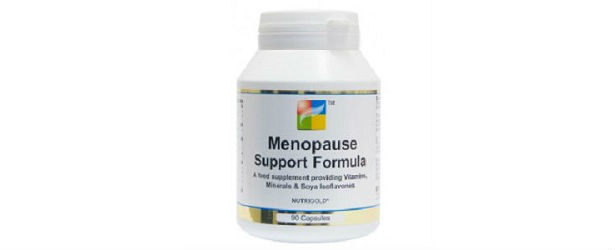
Treatments for Perimenopause
Perimenopause, also called menopausal transition, is the stage in a woman’s life where her body makes changes from regular ovulation and menstruation cycles to permanent infertility. Perimenopause can occur at many different ages, but perimenopause most commonly occurs when women reach their 40s. Menstrual periods no longer follow a regular cycle; they may become irregular, they can get shorter or longer, or become heavier or lighter, while the interval between periods typically grows longer. Most women start to experience vaginal dryness, hot flashes, a lower sex drive, or insomnia. Once a woman has gone an entire twelve month period with no menstrual cycle, she has reached full menopause.
Treatment Options
There are treatment options available for perimenopause, which should help relieve many of the symptoms you may be experiencing. If you need help regulating your menses, or are experiencing perimenopausal symptoms such as hot flashes or vaginal dryness, your doctor may prescribe oral contraception to help you get through perimenopause. If you do not want or cannot use birth control pills, consider progestin therapy instead, which can help regulate your periods. Progestin can help relieve problems such as extremely heavy bleeding.
Endometrial ablation is another option for women suffering through perimenopause. This is a procedure where a surgeon destroys the uterine lining with a laser; the result is to decrease or permanently cease your menstrual cycle. Endometrial ablation can offer relief to certain women who endure heavy periods. This is a surgical procedure, however, and you should discuss the risks of this procedure thoroughly with your doctor before considering it.
Help Yourself
 There are things you can do on your own that alleviate some of perimenopause’s symptoms. Eat a healthier diet than you may have before. A diet high in calcium and fiber can help regulate your body and strengthen your bones. As women get older they should start taking vitamin supplements to ensure they are getting the nutrients that their body may not be getting through diet alone.
There are things you can do on your own that alleviate some of perimenopause’s symptoms. Eat a healthier diet than you may have before. A diet high in calcium and fiber can help regulate your body and strengthen your bones. As women get older they should start taking vitamin supplements to ensure they are getting the nutrients that their body may not be getting through diet alone.
Finally, reduce your intake of alcohol and caffeine; if you are a smoker, now is a good time to stop. Exercising regularly and staying in shape can keep you from gaining excess weight. It also can help you sleep better, as well as preserve your bones and improve your mood. Exercise for at least a half hour each day to keep your body in top condition and to avoid muscle strains and aching joints.
Lowering your stress can also decrease the symptoms of perimenopause. There are numerous ways to reduce the physical and emotional stress that can come with perimenopause: yoga, meditation, and deep breathing are all excellent practices to incorporate into your daily routine.
TOP 5
MENOPAUSETreatments |
|||||
| MenoClear | Menozac | Avlimil | Promensil | Balance Point | |
|---|---|---|---|---|---|
| 1 | 2 | 3 | 4 | 5 | |
| Price (1 bottle) Price (6 bottles) Best Value |
$49.95 $135.70 |
$49.95 $299.95 |
$29.95 $149.00 |
$35.95 $215.70 |
$39.95 $239.70 |
| Overall Rating | 99.60% | 88.20% | 80.90% | 77.80% | 69.10% |
| Effectiveness |





|





|





|





|





|
| Speed of Results | Extremely Fast | Good | Average | Average | Slow |
| Quality of Ingredients | Premium | Good | Good | Average | Average |
| Customer Satisfaction Evaluation | 99.00% | 86% | 80% | 75% | 66% |
| Safety Evaluation | Safe for Use | Safe for Use | Safe for Use | Safe for Use | Safe for Use |
| Customer Service Rating |





|





|





|





|





|
| Reorder Rate | Highest | Good | Good | Average | Average |
| Return Policy | Risk Free | Unused + Restocking Fee | Risk Free | No | Risk Free |
| Success Rate | 99% | 85.20% | 78% | 74% | 67% |

 Subscribe Now
Subscribe Now












